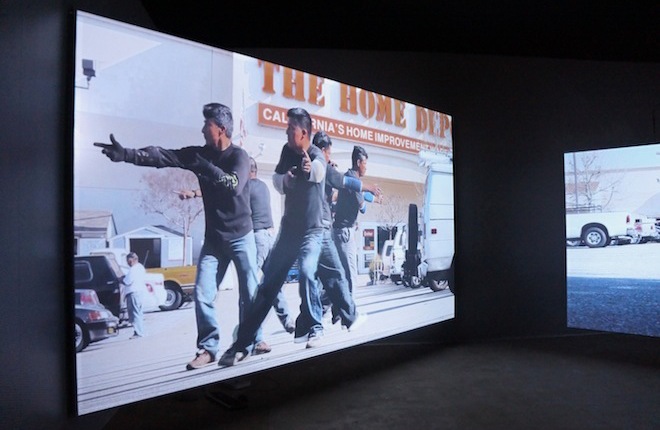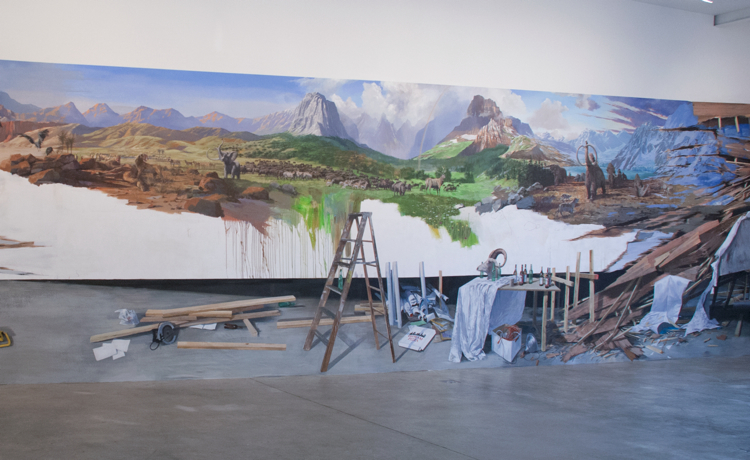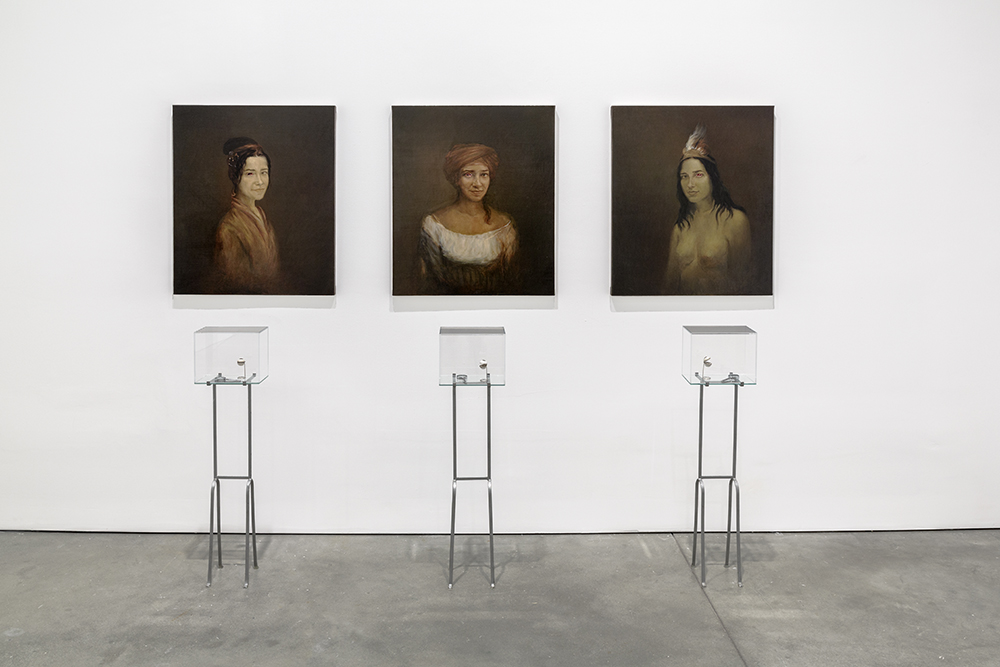By KATHLEEN BITETTI
INDEPENDENT CONTRACTORS & THE HEALTH CARE REFORM LAW
In 2004, Massachusetts altered the law governing Independent Contractors, unbeknownst to many in this State. Essentially, it is now next to impossible for someone to be paid as an independent contractor - or "1099ed" -- in the Commonwealth.
Here's our understanding, at the Artists Foundation, of how this all came about: From what we currently know, it was the MA Carpenters' Union who backed the legal change because it wanted to control the abuses in the construction industry. (That's clearly an important issue that does need to be addressed but the way they altered the law governing independent contractors was not the way to do so).
Meanwhile, most people in the arts community are unaware of the development and are learning about it via the Massachusetts Health Care Reform Law. Why is that, you ask? Embedded in Chapter 58 of that legislation is a new three-part definition of who is an independent contractor, so employers can accurately count and classify their employees.
Our freelance artists, writers, independent film makers, and photographers are particularly vulnerable to this change in the law. Artists of all disciplines earn a significant proportion of their income as independent contractors, historically using the 1099 classification. Now, the potential problem with getting a W-2 and being an employee versus a 1099 and being a contractor is that if you're an employee, the company could claim all rights to work produced. (i.e.; the artist does not retain the right to sell their work in other markets). While contractors have negotiated those rights in the past, sometimes work for hire makes sense, sometimes not.
Copyright is always with the creator, but usage is not. In many industries when you are a W-2 employee, even a part-time one, you cannot work for a competing firm. (Think design, news, etc.) Now, the change in legislation will likely stem the much-needed flow of such income for Massachusetts artists. It will also make it almost impossible for them to write off their costs incurred in making their art.
If artists do not have 1099/self employment income that will, in effect, make them ineligible as a self-employed person for the program the state has established to help self-employed people pay for health insurance. The Insurance Partnership is an important program option of the MA Health Care Reform law for self employed people, insured or not. Every penny an artist can put in their pocket matters a great deal. A 2007 recent report out of Minnesota, "Artists Count", is a sobering snap shot of artists' economic status.
The change in Massachusetts' Independent Contractor law is already having a negative impact on arts organizations and businesses that employ artists. Last year, instead of using this law to monitor construction companies, the Department of Revenue (DOR) is testing it by investigating two opera organizations (as random audits, we are told). If the opera companies are forced to reclassify their independent contractors as W-2 employees, they will have to pay the back taxes they owe and will have to close their doors. This real scenario does not take into account what happens to the opera companies under Health Care Reform Law requirements for businesses if people who used to be considered independent contractors are now defined as employees.
It is important to stress that there will not be any new opera companies to replace these ones. If the companies close, many artists will lose their essential 1099 income, performers and composers will lose venues, and the public will lose places in which to see existing operas and new operatic works. This case highlights an issue that will not ONLY affect the opera companies, but also all of our arts organizations who depend on contractors/1099 workers. In addition, with the DOR in charge of both enforcing the individual and business mandates for the new health care reform law and enforcing the 2004 independent contractor law change, there will be a negative impact on our community. DOR will now be able to identify those who are violating the 2004 legislation. Our fear is that many artists will have to leave Massachusetts for professional opportunities elsewhere and we may also lose, or financially devastate, many of our arts organizations.
So what can you do an artist or as an artist support to help change this law?
The AF is working hard to build a grass roots response to this law and the AF listserve is the way we will let you know about what you can do and when to do it (write a letter and/or call your state legislators).
For more information on this law see the Health Care For Artists website.
REMEMBER-you don't have to have insurance by July 1st, 2007 - you have to be able to prove that you had health Insurance on Dec 31st, 2007 - so do not rush into buying health insurance until you research your options. AND go to our website BEFORE you go to the official state's website on the health care reform law - as there are key things that are not correct on that site for those who are self employed and/or have difficult income to quantify. The AF is currently working to have the state's website fixed and will let artists know this by our listserve.
Health Care For Artists
Artists Foundation




